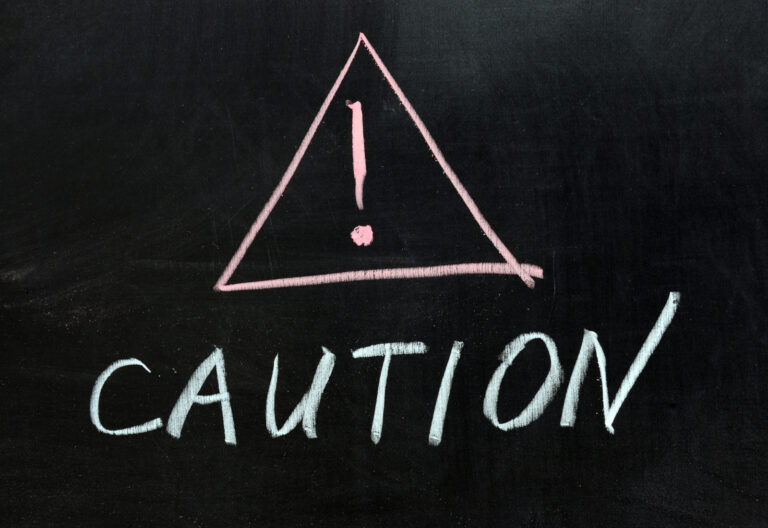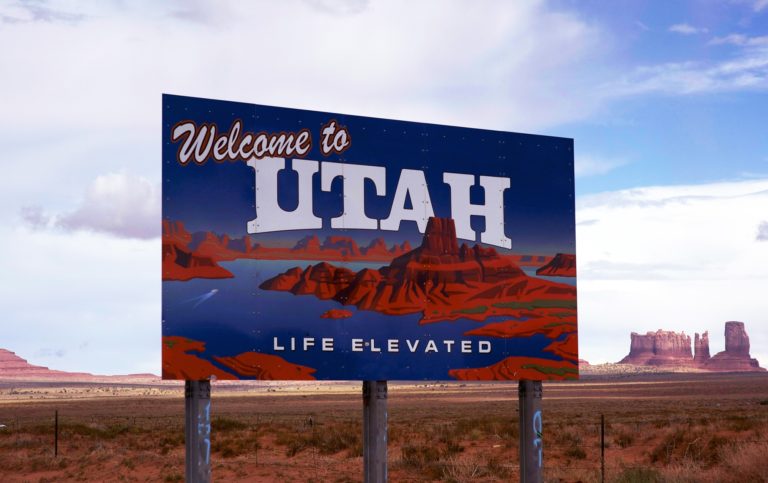
Ketamine Clinics and Malpractice: Recent New York Litigation
Many ketamine clinics in the United States offer treatments for various behavioral health conditions, including depression. However, many healthcare providers who work for these clinics are not trained in psychiatry and/or counseling. There are various legal issues with this type of fact pattern. Among other things, are healthcare providers who are not trained in psychiatry

















